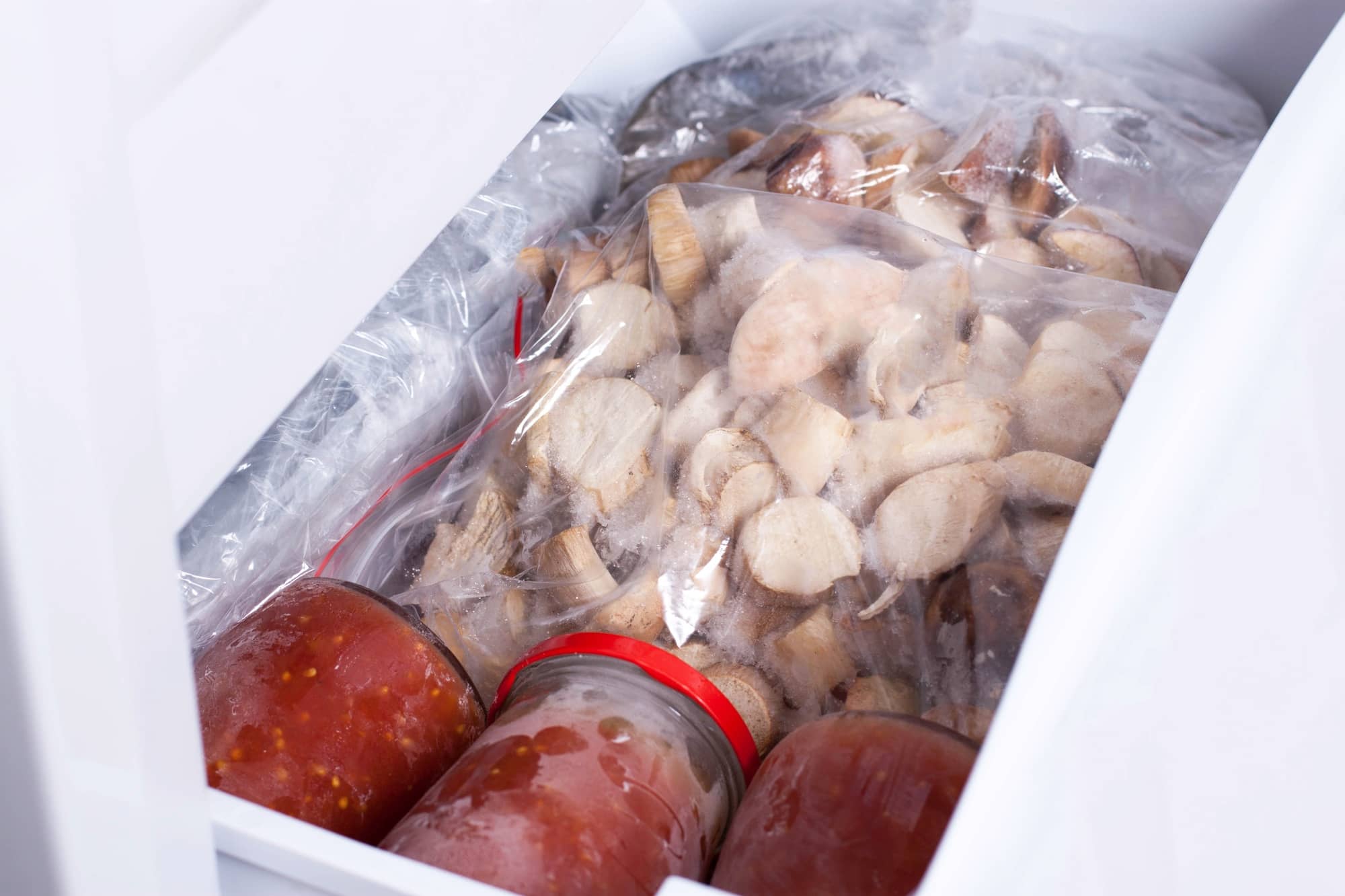
Freeze Mushrooms the Right Way for Longevity!
Mushrooms are a versatile ingredient that can elevate any meal with their earthy flavor and satisfying texture. Whether you're a gourmet chef or a home cook, having mushrooms on hand can inspire a variety of dishes, from hearty stews to elegant sautés. However, mushrooms have a notoriously short shelf life, which can limit their use for those who don't frequent the grocery store. Freezing mushrooms is an effective way to extend their lifespan and ensure you have this culinary treasure ready whenever the culinary inspiration strikes. In this blog, we’ll explore the steps and tips for freezing mushrooms effectively.
Why Freeze Mushrooms?
Before diving into the process, it's worth understanding why freezing is a preferable preservation method for mushrooms. Fresh mushrooms typically last only a few days in the refrigerator before they start to spoil. Freezing not only prolongs their shelf life but also retains the nutritional value and flavor that can be lost in other preservation techniques, such as canning or drying.
Selecting the Right Mushrooms for Freezing
The first step in freezing mushrooms is selecting the right types. Almost all varieties of mushrooms can be frozen, but the best candidates are those that are fresh and free from bruises or blemishes. Popular types like button, cremini, and portobello mushrooms freeze well and maintain a good texture upon thawing.
Preparing Mushrooms for Freezing
- Cleaning: Gently wipe the mushrooms with a damp cloth or soft brush to remove any dirt. It’s important not to soak them in water as they absorb moisture, which can lead to a mushy texture when thawed.
- Slicing: Although you can freeze whole mushrooms, slicing them can save space and make them easier to use directly from the freezer. Slice mushrooms to your preferred thickness, keeping in mind that they may shrink slightly during the freezing process.
Blanching: The Secret to Better Frozen Mushrooms
Blanching is a crucial step in freezing many vegetables, including mushrooms. This process involves briefly boiling the mushrooms and then plunging them into ice water. Blanching stops enzyme actions which can cause loss of flavor, color, and texture. Here’s how to do it:
- Boil Water: Bring a large pot of water to a rolling boil.
- Blanch the Mushrooms: Add the sliced mushrooms to the boiling water. Boil for about 2 minutes.
- Cooling: Immediately transfer the blanched mushrooms to a bowl of ice water to halt the cooking process.
- Draining: After cooling, drain the mushrooms and pat them dry with paper towels to remove excess moisture.
Freezing the Mushrooms
To prevent the mushrooms from freezing together into a clump, use the flash-freezing technique:
- Spread the Mushrooms: Arrange the blanched, dry mushroom slices on a baking sheet in a single layer.
- Flash Freeze: Place the baking sheet in the freezer for a few hours until the mushrooms are individually frozen.
- Storage: Transfer the frozen mushrooms to airtight containers or heavy-duty freezer bags. Label them with the date to keep track of how long they’ve been stored.
Using Frozen Mushrooms
One of the best parts about frozen mushrooms is that they can be used straight from the freezer—no thawing necessary. They are perfect for cooked dishes like soups, stews, sauces, and stir-fries. While the texture of frozen mushrooms might be slightly softer than fresh, their flavor remains intact, making them a convenient and valuable addition to any dish.
Conclusion
Freezing is an excellent way to preserve the taste and nutritional value of mushrooms while extending their shelf life significantly. By following the simple steps of cleaning, slicing, blanching, and flash freezing, you can maintain a ready supply of mushrooms for your cooking needs, ensuring you always have access to this versatile ingredient whenever you need it. Happy cooking!
